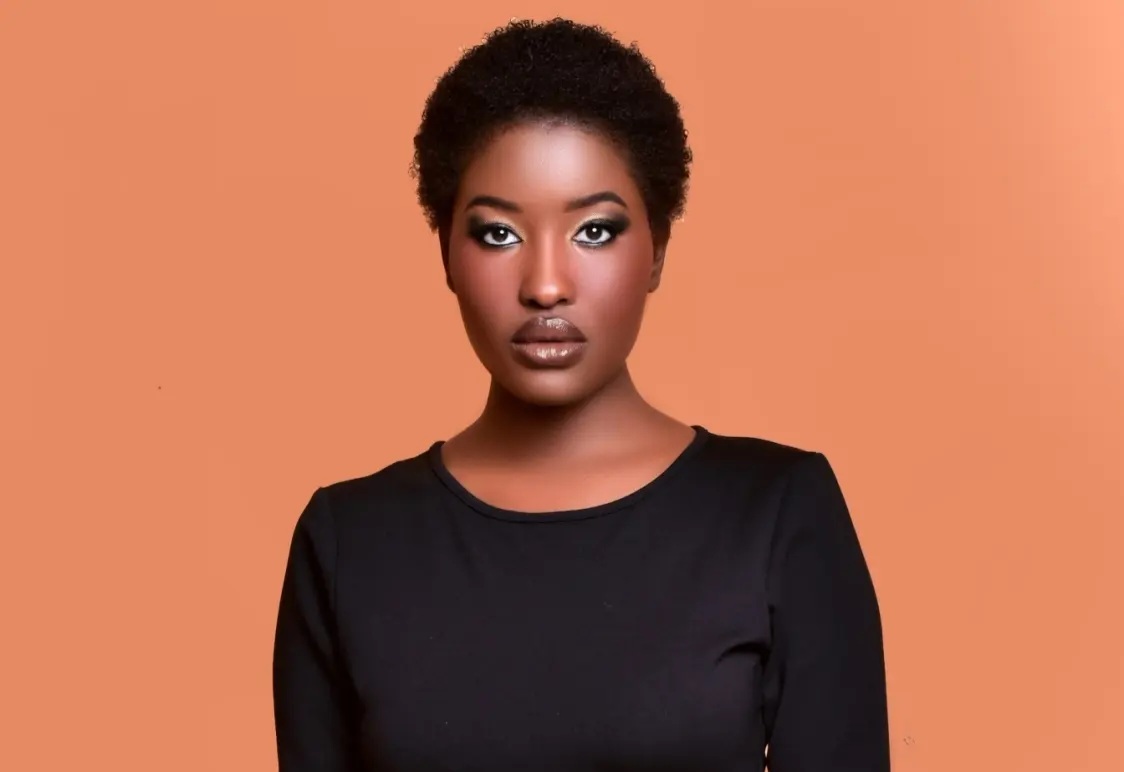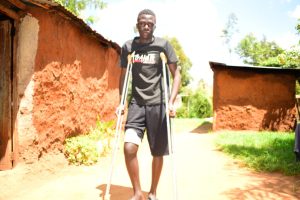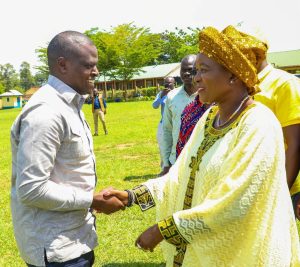Addressing the Silent Struggle of Women’s Stress in Kenya

As we observe Stress Awareness Month this April, it’s vital to focus on the issue of stress among women in Kenya that’s often overlooked. Most traditional norms and cultural practices in tribes normalize behaviors that contribute to this stress, leading to a cycle of violence and degradation against women.

In some communities, it’s acceptable for brothers to physically punish their sisters, while women are expected to bear the sole responsibility of household chores. Such ingrained attitudes reflect a society that undervalues and disrespects women for a long time, creating an environment where crimes like physical violence, femicide, and sexual assault flourish.
Women frequently experience many forms of harassment when strolling through Nairobi City, from offensive remarks to unwanted advances and physical contact. These incidents may seem insignificant, but they add to a culture of tension and anxiety among women.
Victims of violence are often blamed. In addition, society is quick to find excuses for the perpetrators’ actions, ranging from how a woman dresses or her perceived defiance towards her spouse. This outdated mentality of blaming victims only further marginalizes and silences women, becoming a barrier to their recovery from their trauma and their ability to get treatment.
It is imperative that we recognize the consequences that this stress has on women. Any woman shouldn’t have to put up with this kind of abuse, not only in terms of the physical wounds but also the lasting psychological damage. A wounded woman, whether physically or emotionally, is unable to unlock her full potential in many aspects of life. It’s a loss to herself, her family, and the community at large. We should not have to live in fear or face prejudice.

Increasing awareness of the problem is the first step in taking action. But this on its own is insufficient. Additionally, we need to act to alter the structures that support this prejudice against women. This entails questioning established gender norms, promoting legislative changes, and holding offenders responsible for their deeds.
As a nation, we all have a part to play in this. It’s my hope that every woman will be able to thrive free of fear, violence, or scars.
Written by Deborah Monari – From Nguvu Collective





